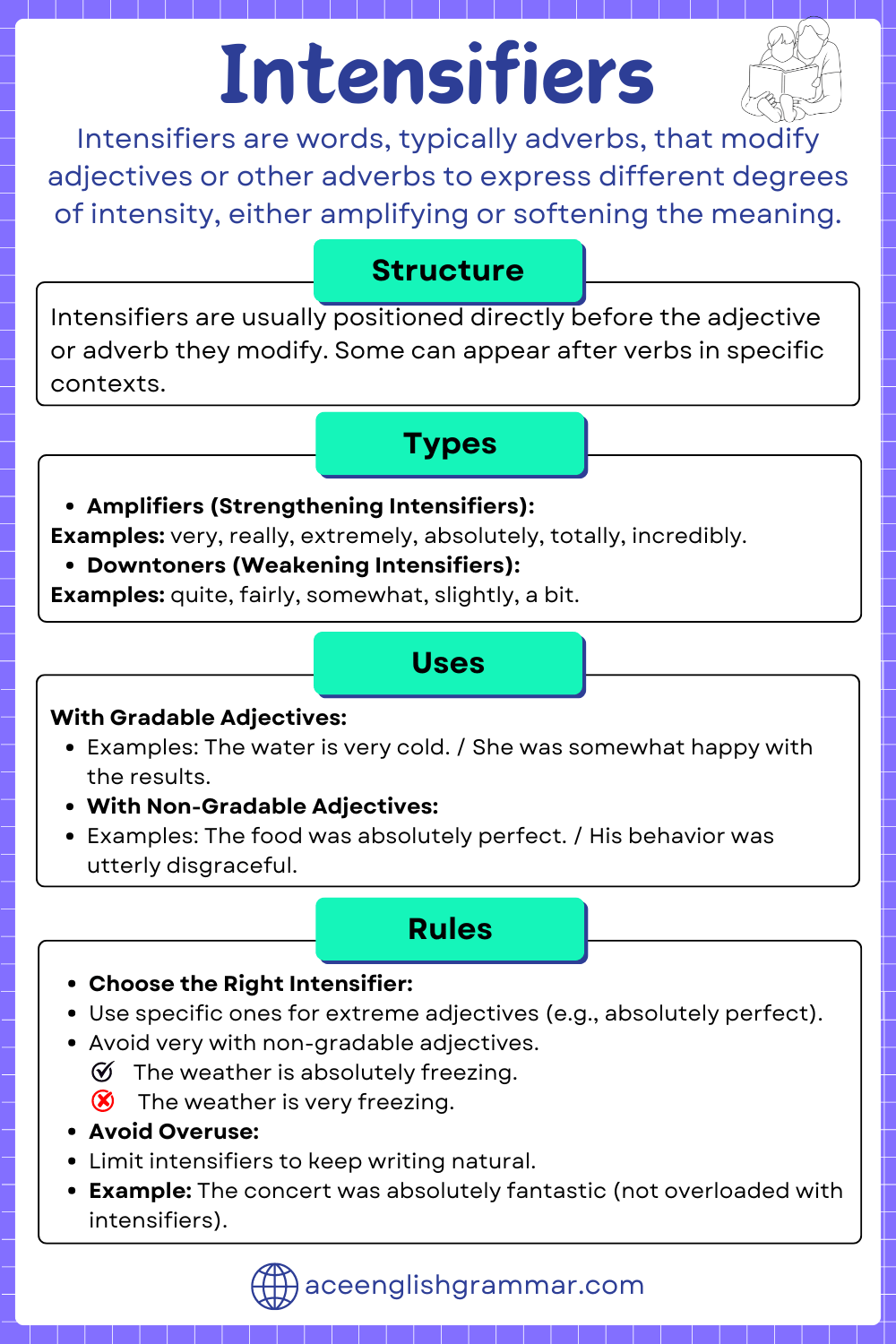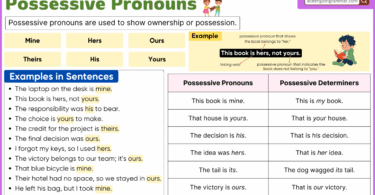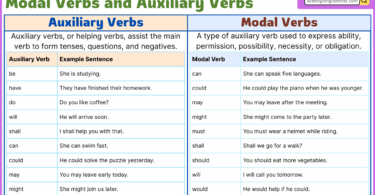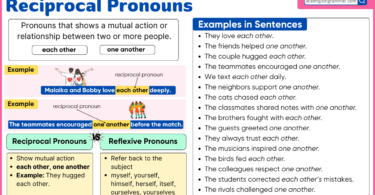Intensifiers in English are essential tools used to add emphasis, emotion, or clarity to a statement. They are adverbs or adjectives that modify other words, making them stronger or weaker. If you’ve ever heard phrases like “extremely difficult” or “somewhat interesting,” then you’ve already encountered intensifiers in action. This article will delve into the concept of intensifiers in English, covering what they are, how they work, and how you can use them effectively in your writing and speech.
Table of Contents
What Are Intensifiers?
An intensifier is a word, usually an adverb, that strengthens or weakens the meaning of the adjective or adverb it modifies. The role of intensifiers is to express different degrees of intensity, adding emotional or descriptive weight to a statement.
For example:
- He is very tall.
- She is incredibly smart.
In both cases, very and incredibly act as intensifiers, emphasizing how tall or smart the person is. Intensifiers can amplify the meaning of the word they modify or sometimes soften it.
Types of Intensifiers
Intensifiers can be categorized into two broad types: amplifiers and downtoners.
1. Amplifiers (Strengthening Intensifiers)
Amplifiers are intensifiers that boost the meaning of the word they modify. These words often convey a stronger, more extreme meaning.
| Intensifier | Example |
|---|---|
| Very | The food was very delicious. |
| Really | This movie is really exciting. |
| Extremely | It was an extremely challenging test. |
| So | That book is so interesting. |
| Incredibly | He is incredibly talented. |
| Absolutely | She is absolutely amazing. |
| Totally | The room was totally silent. |
2. Downtoners (Weakening Intensifiers)
Downtoners work to reduce or soften the intensity of an adjective or adverb. These intensifiers are used to express a lower degree of intensity.
| Intensifier | Example |
|---|---|
| Quite | The lesson was quite difficult. |
| Fairly | It was fairly cold outside. |
| Somewhat | He seemed somewhat annoyed. |
| Slightly | She looked slightly upset. |
| A bit | This dish is a bit salty. |
How to Use Intensifiers Correctly
While intensifiers are incredibly useful in conveying emotion and emphasis, using them incorrectly can lead to awkward sentences. Here are some guidelines to help you use intensifiers effectively.
1. Choose the Right Intensifier
Not all adjectives and adverbs work with every intensifier. For example, absolutely is used with extreme adjectives (e.g., perfect, fantastic, terrible), while very is reserved for more common, gradable adjectives (e.g., cold, happy, big).
Correct: The weather is absolutely terrible.
Incorrect: The weather is very terrible.
2. Avoid Overuse of Intensifiers
Using too many intensifiers in a single sentence or paragraph can make the writing sound forced or exaggerated. For a more natural tone, limit the number of intensifiers you use and ensure they serve a purpose in strengthening your statement.
Too much: The concert was so amazing, really exciting, and absolutely perfect.
Better: The concert was absolutely perfect.
3. Position of Intensifiers
The typical position of an intensifier is directly before the adjective or adverb it modifies. However, some intensifiers like completely, utterly, and totally may appear after the verb in certain cases.
Correct: She is really fast.
Correct: He has completely forgotten.
Common Intensifiers for Gradable and Non-Gradable Adjectives
Intensifiers behave differently depending on the type of adjective they modify. There are two types of adjectives in English grammar: gradable and non-gradable.
Gradable Adjectives
Gradable adjectives describe qualities that can exist in varying degrees (e.g., cold, happy, interesting). You can use intensifiers like very, quite, and fairly with these adjectives.
- The water is very cold.
- She was fairly happy with the results.
Non-Gradable Adjectives
Non-gradable adjectives represent extreme qualities or absolutes (e.g., freezing, perfect, terrible). These adjectives cannot be graded with intensifiers like very or quite. Instead, we use intensifiers like absolutely, utterly, or totally.
- The food was absolutely perfect.
- His behavior was utterly disgraceful.
Examples of Intensifiers in English
Let’s explore more examples to help solidify your understanding of how to use intensifiers:
- Amplifiers
- The movie was really good.
- The project is extremely important.
- She is totally confident about her decision.
- Downtoners
- The weather is slightly better today.
- He was somewhat distracted during the meeting.
- That comment was a bit rude.
Common Mistakes to Avoid
1. Using the Wrong Intensifier
Pairing the wrong intensifier with an adjective can make the sentence sound unnatural or incorrect.
Incorrect: The weather is very freezing.
Correct: The weather is absolutely freezing.
2. Over-Intensifying
Using too many intensifiers in a sentence can weaken the impact and make it sound exaggerated.
Over-intensified: The movie was really, incredibly, and absolutely fantastic.
Better: The movie was absolutely fantastic.
Intensifiers and Comparisons
Intensifiers are also often used in comparisons to add depth or highlight differences. When comparing things, amplifiers like much, far, or way are frequently used.
- She is far more experienced than her colleague.
- This option is much better than the previous one.
Conclusion
Intensifiers are a crucial part of everyday English communication, helping to amplify or soften the meaning of adjectives and adverbs. Whether you’re writing or speaking, knowing when and how to use intensifiers can add clarity, depth, and emotion to your sentences. Practice using both amplifiers and downtoners to bring variety to your language, making your English sound more fluent and dynamic.
By mastering the use of intensifiers in English, you’ll enhance your ability to communicate effectively, whether you’re speaking casually or writing formally.
Read More




